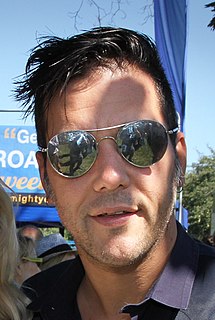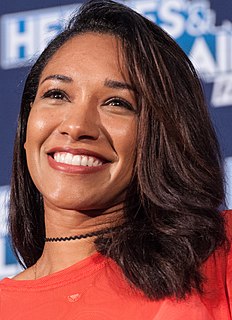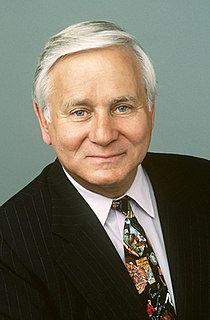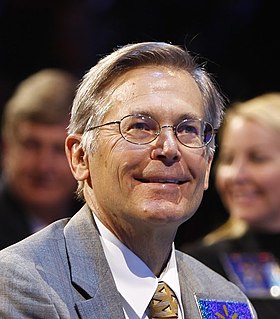A Quote by George Stroumboulopoulos
Good journalism is crucial. Good journalism isn't easy so I think it's less about what story and more about the layers and context that need to be explored in the story. That's one of the reasons why I'm excited to be a part of CNN. This is the kind of place that you can do that.
Related Quotes
Anyone who does investigative journalism is not in it for the money. Investigative journalism by nature is the most work intensive kind of journalism you can take on. That's why you see less and less investigative journalism at newspapers and magazines. No matter what you're paid for it, you put in so many man-hours it's one of the least lucrative aspects of journalism you can take on.
There is a danger in our modern practice of using embedded journalism. As there is less and less money available for journalism to uphold its independence, there is a temptation for people to take short cuts. If this army or that army or this corporation is willing to pay for your flight or your accommodation, then it's much more difficult to tell what the real story might be. I do have a concern about that.
Too many writers think that all you need to do is write well-but that's only part of what a good book is. Above all, a good book tells a good story. Focus on the story first. Ask yourself, 'Will other people find this story so interesting that they will tell others about it?' Remember: A bestselling book usually follows a simple rule, 'It's a wonderful story, wonderfully told'; not, 'It's a wonderfully told story.'
I think that people have to have a story. When you tell a story, most people are not good storytellers because they think it's about them. You have to make your story, whatever story it is you're telling, their story. So you have to get good at telling a story so they can identify themselves in your story.
I think if the content is good and the content is interesting, the at home viewer will watch it for as long as the story is interesting thus the responsibility for making the story interesting falls on the shoulders of the reporter or the producer. Then I'm disappointed that producers have felt that television can only be told in 59 second story bursts because we've become, it's become journalism based on MTV, video electronic editing and cutting.

































